Even though statistics have always been important in the field, artificial intelligence in sports has greatly impacted how competition advances.
Artificial intelligence and data analytics are used in various sports to develop game strategies and increase audience engagement.
Some claim that data science is destroying traditional football, but football is still a game of mistakes. Remember that those who play on the field are human beings. Artificial intelligence and data analytics are turning points for the transformation and development of sports.
Artificial intelligence in sports
Artificial intelligence in sports is being utilized to plan strategies, coach athletes, market, and much more, from football to Formula 1. In other words, AI greatly impacts how people watch and consume sports information.
Since dawn, the sporting business has utilized statistics and data analytics. Sports provide a rich environment for applying artificial intelligence because they already quantify everything that can be quantified. Artificial intelligence affects us every day, and sports are not immune.
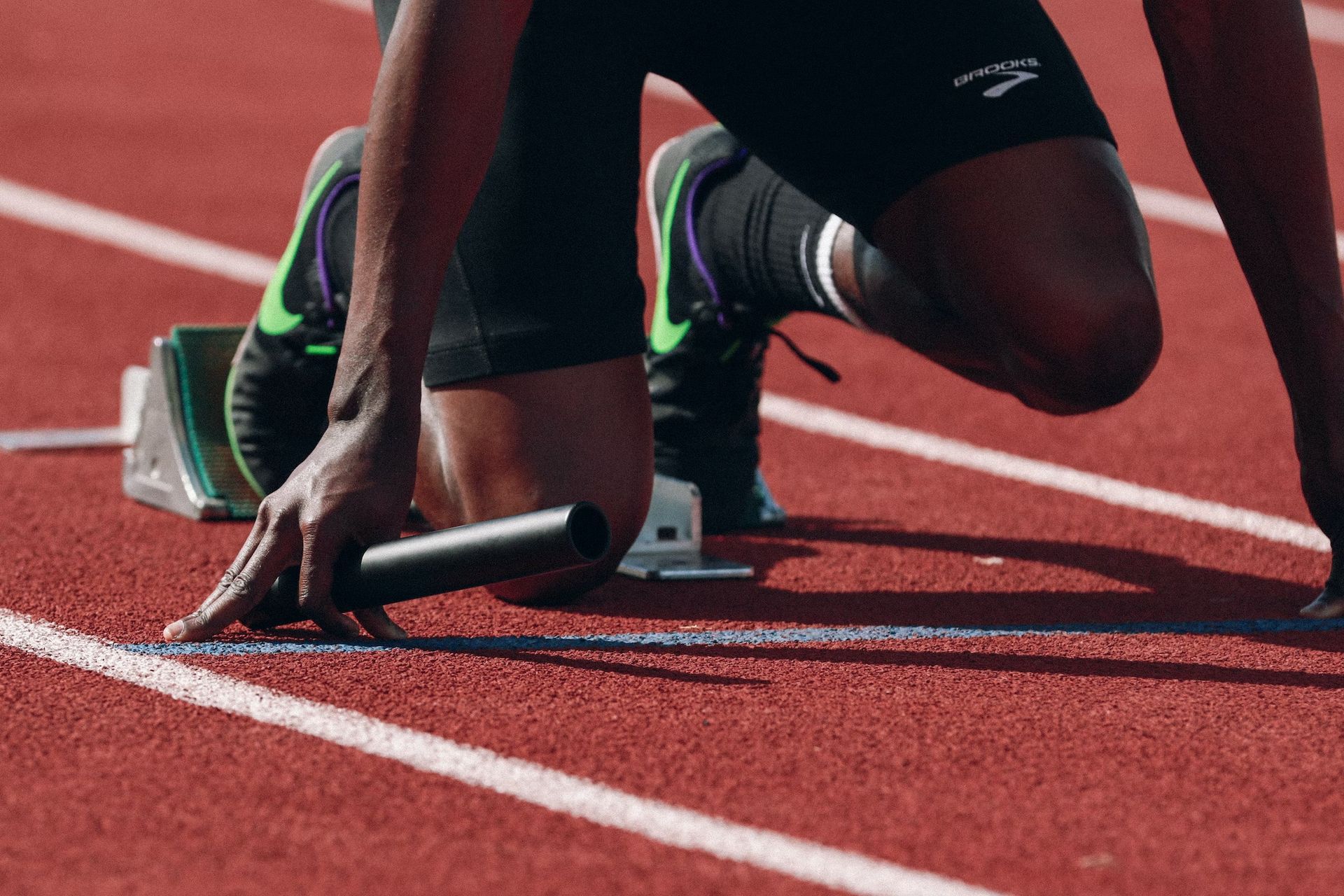
How is AI changing the sports industry?
AI and sensor technology together can assist players in becoming more proficient. AI is being utilized in sports training to design tailored training regimens for players and deliver real-time feedback, increasing the effectiveness of each activity for each individual.
Artificial intelligence in sports examples
AI predictive analysis can be used in sports to enhance fitness and health. Wearable software can tell users about the wear and tear placed on athletes, helping to keep them healthy. During games, AI can spot trends in tactics, methods, and flaws. The Connexion kiosk, introduced by the NBA, employs AI to evaluate player health data and alert teams about injuries and other setbacks.
The artificial intelligence-powered platform Arccos Caddie serves as the player’s virtual caddie and provides information on the wind’s direction and the best club to use. The direction to hit, in addition to other crucial details like location and others
Artificial intelligence in sports is having a significant impact on both pre-game and in-game strategies. Computer analysis is used to influence line-up decisions before and during games. By comprehending many metrics, including spin, speed, serve placement, and even player posture and motion, artificial sports intelligence can enhance sporting performance further. In this regard, AI supports managers and coaches in making better decisions for various games and important competitions.
Best artificial intelligence tools to improve productivity in 2022
AI in sports analytics
AI-powered analytics is utilized to find the top candidates on whom they can place their bets. Finding talent in the sports sector costs millions of dollars. As a result, team owners want to be certain that their choice to scout a certain player is the right one. Artificial intelligence in sports is widely used in player scouting, including cricket, basketball, and football.
Improving players’ talents requires a thorough grasp of their physical and mental preparation. An extensive examination of their strengths and flaws is necessary for effective coaching. These important aspects are better captured by AI sports analytics. For instance, using computer vision and machine learning, NEX technology tracks basketball players’ ability levels. The key performance indicators are calculated, including ball handling, release time, vertical jump, speed, an improvement over time, and shot accuracy.
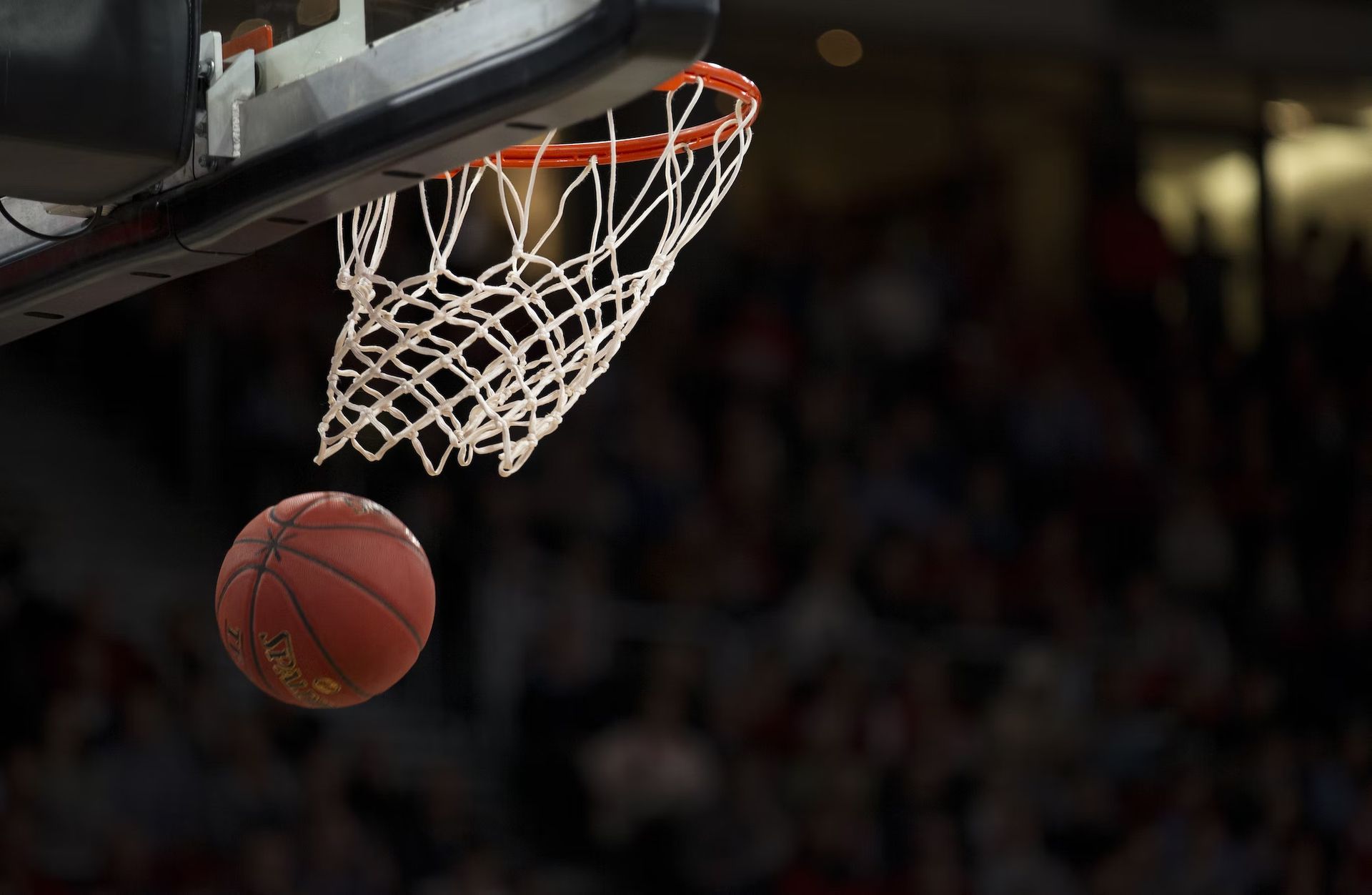
Similarly to this, tennis shot placement is detected using AI. Contrarily, cricket’s sensor-equipped bats are being used to evaluate the accuracy of shots, the point of impact, the twist at impact, and the speed of the ball. All of this data is gathered, processed, and made available instantly! It is safe to claim that apps in sports use artificial intelligence as a knowledgeable insight source.
Can AI predict sports results?
Predicting a sporting event’s outcome using technology has become increasingly important as both the sports betting business and technology have expanded significantly. In actuality, when digesting a large amount of data, humans have several limitations. However, this problem can be solved using artificial intelligence in sports. Sports are an excellent illustration of an AI problem because there is a lot of data to consider.
Artificial intelligence in sports prediction
As technology advances, artificial intelligence is becoming more and more popular. It is feasible to forecast the outcome of a sports match with high accuracy, even better than the domain experts, with the right data set and technique for the chosen sport. A model and feature selection for forecasting soccer results were proposed based on the examination of the relevant research. Additionally, by utilizing science on our side, these techniques might help generate revenue in betting businesses.
The information provided will be the foundation for a future project to develop a soccer match prediction model. In order to gather a sizable amount of data for this assignment, including details of various leagues and seasons around the world, computer science methods will be used as discussed in the discussion. The techniques like ANN enhance artificial intelligence in sports. This will also be used to create a model with a high degree of accuracy.
Advantages of artificial intelligence in sports
Artificial intelligence in sports is advantageous in the following fields:
- Coaching and training
- Healthcare and safety
- Fan engagement
- Scouting
- Journalism
Coaching and training
Performance is how athletes are constantly judged on their success. And the ability to employ AI to evaluate individual player performances is the key to transforming the sports sector. Coaches and analysts can pinpoint a player’s advantages and areas for growth and track their development over time.
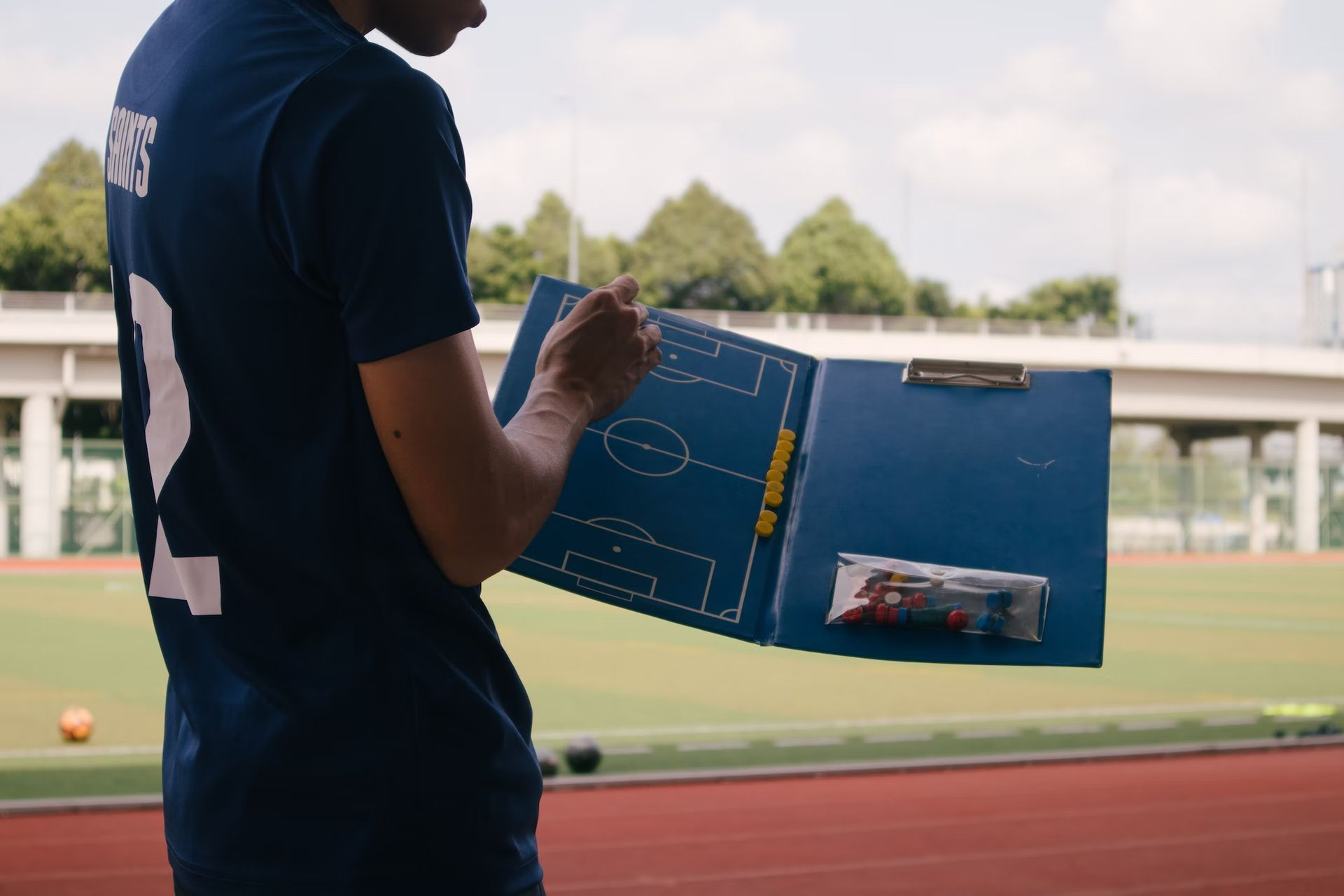
Metrics can also be used to compare player statistics and play execution flaws. By identifying trends in techniques and developing intricate game plans to counter them, artificial intelligence in sports can offer one team an advantage over another when playing defense.
AI in sports training
Artificial intelligence is applied in sports through predictive analysis to improve performance and health. Athletes can prevent major injuries thanks to the development of wearables that collect data on degrees of strain and wear. But that’s only the start. Teams can use AI to develop strategies and tactics and play to their strengths.
Thanks to AI, player performance analysis has advanced beyond all previous levels. Coaches can alter their teams’ tactics and strategies to take advantage of their opponent’s shortcomings by using data and graphics to get insights about their teams’ strengths and weaknesses on any given day. This holds true for all sports, including swimming and handball, as well as tennis and football. For instance, tracking and analyzing human movements uses computer vision.
New artificial intelligence can diagnose a patient using their speech
In the meantime, single stationary cameras above and below the water filters have been utilized to analyze swimmers’ performance using human pose estimation. The quantitive evaluation method, which previously relied on manually annotating body parts in each video frame, will eventually be replaced by this approach.
Healthcare and safety
Rethinking how we approach and treat a player’s health and safety is another significant way artificial intelligence in sports is transforming the sector. Coaches and managers can maintain a player’s health, fitness, and safety thanks to AI’s predictive and diagnostic skills. Additionally, more physical and mental conditions are identified and treated more quickly than ever before as a result.
Additionally, wearables like watches and heart rate monitors contain artificial intelligence. These tools monitor players’ whereabouts off the field to ensure safety and track player movements for the best workout sessions. AI can even keep drivers safe in competitive sports like NASCAR by spotting problems before they become dangerous.

Fan engagement
Giving fans the finest possible experience has become more important than ever in recent years. Fortunately, AI is revolutionizing the sports sector by assisting clubs in providing unrivaled client engagement. Fans may communicate with and learn more about their favorite players more easily, thanks to chatbots and virtual assistants.
Artificial intelligence can increase fan engagement by providing fans with access to their favorite teams through an app. They may track their tickets, receive alerts when new stuff is available, find check-in locations on gameday, and keep an eye on the schedule.
Scouting
Teams have painstakingly kept track of player statistics and made predictions about who the next great athlete will be for decades. However, scouting and recruiting take on a whole new dimension with the integration of AI.
The team staff can record and monitor complex data, then compare it to historical data, instead of using straightforward indicators like home runs and goals scored. They can then determine whether a player would be a good match for their squad or determine their market value.
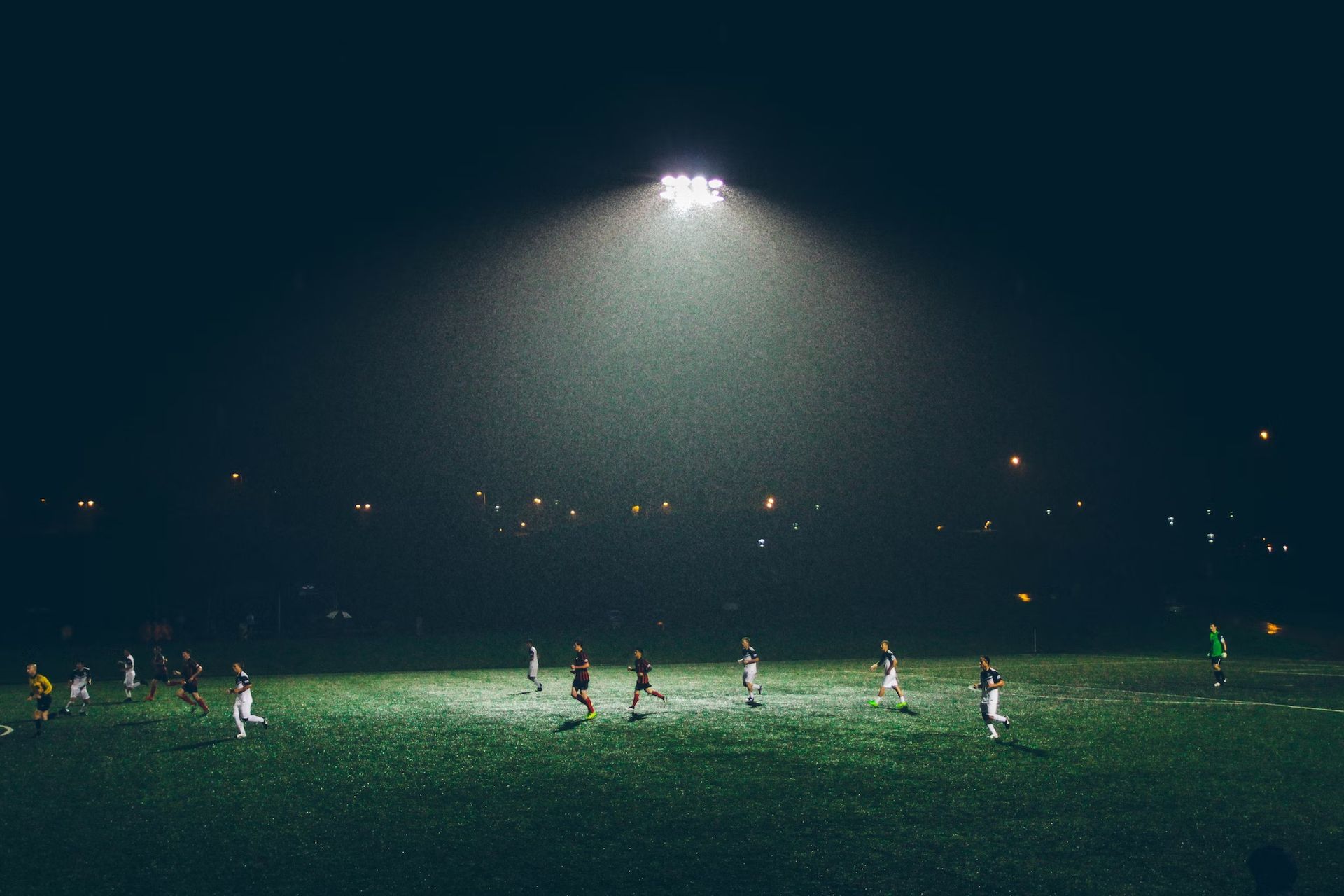
Journalism
Last but not least, artificial intelligence in sports has the unintended effect of spawning a new subset of media called automated journalism. Using tools like Wordsmith, authors may create narratives using natural language while including statistics and data.
In order to cover more games, journalists will be able to reach a wider audience thanks to artificial intelligence. This means selecting games for press coverage won’t be done any longer. Minor League Baseball is the only sport where automated journalism is used, but it shows how useful it may be for all sports.
Disadvantages of artificial intelligence in sports
Artificial intelligence in sports is disadvantageous in the following fields:
- High expenses
- Layoffs
High expenses
Artificial intelligence in sports has a very hefty price tag. Its widespread application across nearly all facets of sports management raises the cost of operation even further. Furthermore, as technology advances, it will be necessary to continually update and upgrade the hardware and software of artificial intelligence systems. The price of maintaining and fixing an AI machine is another consideration. It is a sophisticated mechanism; hence the cost of construction and upkeep or repair is high.
Layoffs
This has been a key criticism of this technology, and even in sports, it will inevitably lead to job loss or unemployment. These devices automate manual tasks that would have required human labor, eliminating the need for workers.
Scouting and recruiting are two instances of this. It is now simpler to gather information about a player’s capabilities, limitations, and how they fit into the team without actually watching them play, as opposed to having scouts go and observe specific players repeatedly during games to identify their primary strengths and weaknesses. Scouts are becoming redundant as a result of the reduction in their workload. Few teams will use scouts for recruitment as time passes, and more teams will replace scouts.
Can AI replace sports referees?
A game’s referees are an essential component. They participate in training sessions and seminars to become familiar with various rules and serve as a neutral third parties to ensure fair play for all parties. However, with the development of artificial intelligence (AI), some individuals are unsure whether this technology will completely replace human referees.
Can an artificial intelligence-enabled invention be patented?
It goes without saying that being a referee is stressful work. They are under constant pressure to make the proper decision because even a minor error can have serious repercussions. Referees can frequently make incorrect choices under pressure, damaging the game for everyone.
Significant difficulties with referees’ mental health also result from this. Injuries and criticism from the media and fans are a few examples of the main stressors. Therefore, we can relieve some of their strain by using AI to help umpires and referees make the final decisions.
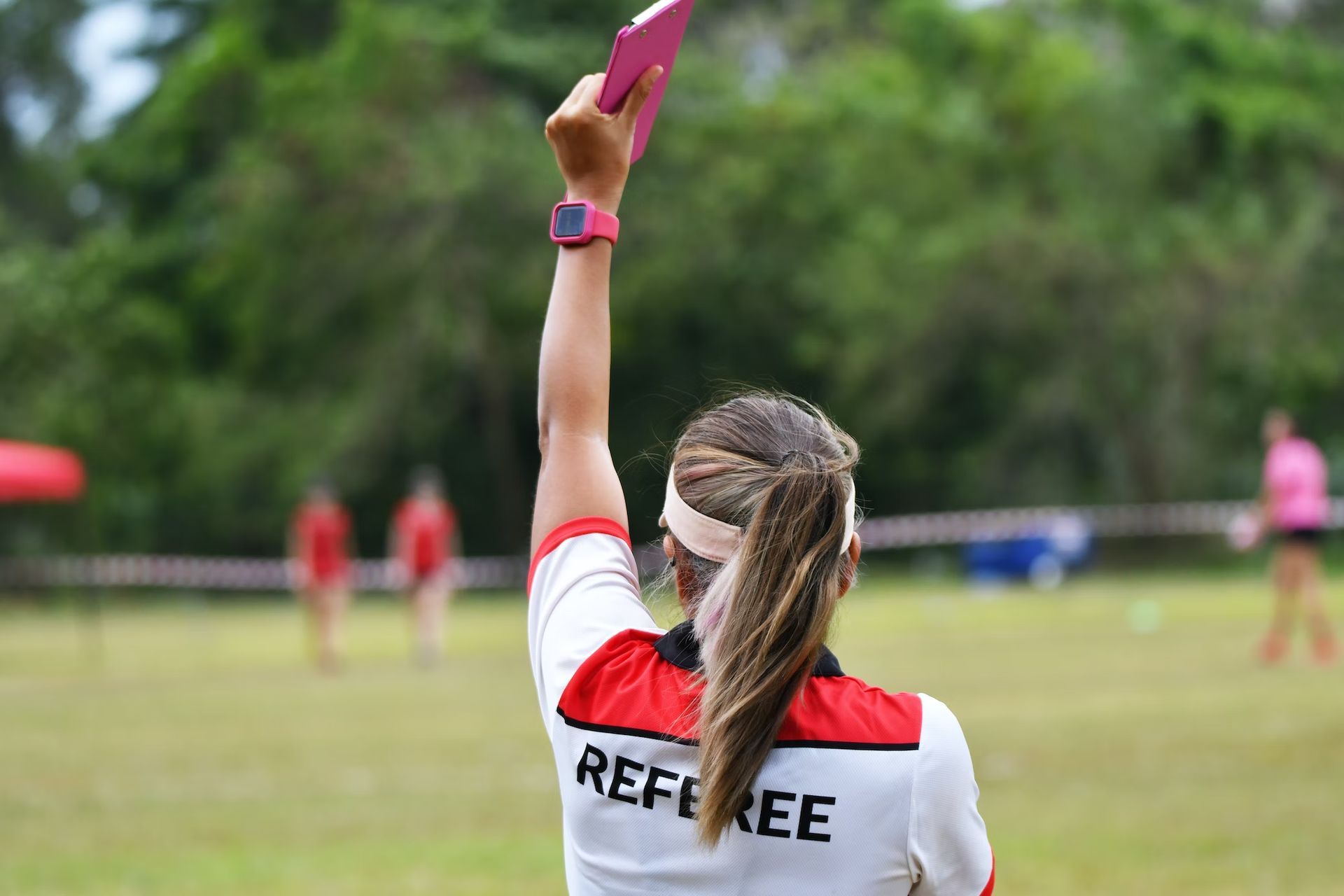
Naturally, we don’t solely rely on referees to determine if a goal is valid. There are presently technology tools in place to reduce referees’ errors by spotting penalties that would otherwise be too hard to catch. For instance, to stop officials from making poor choices, the International Federation of Association Football (FIFA) supported Goal-Line Technology, an automated tool to evaluate whether a goal is in or out.
Many, however, question if VAR is completely correct. Since there is no agreed-upon definition of a “deliberate” handball, minor mistakes may be made while using VAR from various viewpoints or positions.
By using comparative judgment, AI could be a good solution to these disputes in light of human error. It can be done by gathering a few contentious football plays and deciding whether or not it warrants a penalty. Although it hasn’t been done yet, this approach is thought to help lessen football-related controversies.
However, AI refereeing is unquestionably a creative creation that will eventually replace human referees for the purpose of accuracy. Although there are legitimate reasons for concern about AI referees, developers still have many opportunities to adapt and improve it.
Conclusion
AI offers endless options, and newer systems are always being developed, which can expand the range of possibilities for data processing. Humans have long tried to foresee the future, and with the development of artificial intelligence (AI), we are now better able to do so. We can now tackle complicated problems and examine data from many angles thanks to the capability of speedier information processing.
With the use of AI systems, the human race has improved its opinions on various topics, and in turn, intelligent systems have helped us understand more about ourselves. Artificial intelligence is being used in every industry, not just sports, and it has a profound impact on our daily lives that we cannot even begin to fathom. Ai has improved our ability to function and advance quickly and helped reshape the world as we currently know it. The power to decrease noise and inaccuracy while making important decisions has been provided to us by artificial intelligence in sports with its limitless potential.





